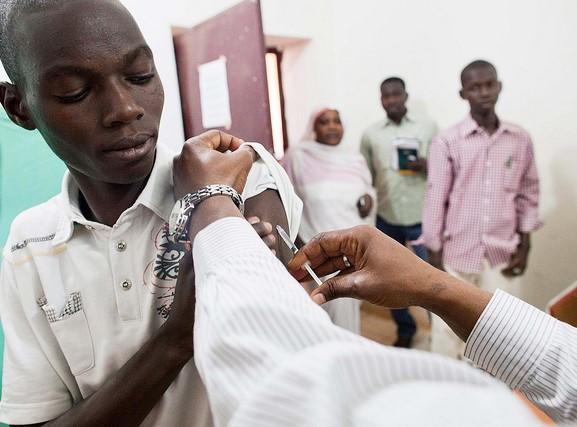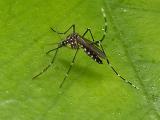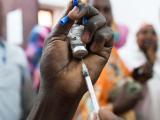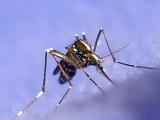Nigeria's government has launched a campaign to vaccinate about 874,000 people against yellow fever in two of the country's states, Kwara and Kogi, the World Health Organization (WHO) said today.
One yellow fever case has been confirmed in Kwara state, and recent media reports have noted two cases from the area.
The campaign launched on Oct 13 with the help of more than 200 health workers and volunteers, targeting residents age 9 months to 45 years old. Kwara is in western Nigeria, and Kogi state is its neighbor to the east.
Nigeria has asked the International Coordination Group, which coordinates provision of yellow fever vaccine for its support, the WHO said. It added that the global yellow fever vaccine stockpile has 6 million doses and is supported by Gavi, the Vaccine Alliance.
Total number of cases unclear
The WHO and its partners have been supporting the Nigerian government's response since the first case was confirmed in Ifelodun in Kwara state on Sep 12. However, over the past month, the total number of cases has been unclear, and local media reports have reported at least one other case.
In a weekly update from the WHO's Regional Office for Africa, officials acknowledged the confirmed case from Ifelodun in Kwara state. And they added that nine samples have tested positive in polymerase chain reaction (PCR) testing at Lagos University Teaching Hospital. The samples are from four states: Kwara (4 samples), Kogi (2), Plateau (2), and Edo (1).
The samples have been sent to the Pasteur Institute in Dakar for confirmation testing. According to the WHO's regional office, the sample from Edo was negative on ELISA and PCR testing, but tests on all the other samples are currently pending.
WHO response
The WHO has deployed experts to Nigeria to help with surveillance, investigation, lab testing, and other public health measures. Also, an emergency operations center has been activated in the area to coordinate the response.
Nigeria reported its last yellow fever outbreak in 2002, which resulted in 20 deaths, 11 of them fatal. International initiatives, including key support from Gavi, have helped several African countries at risk for yellow fever to introduce vaccination against the disease into routine immunization schedules, but vaccination rates are still low in many countries.
Large outbreaks in Angola and the Democratic Republic of Congo last year showed the continued risk of yellow fever in the region and stoked concerns that the virus might spread to large urban areas in Africa.
See also:
Oct 16 WHO press release
Oct 14 WHO Regional Office for Africa update






















